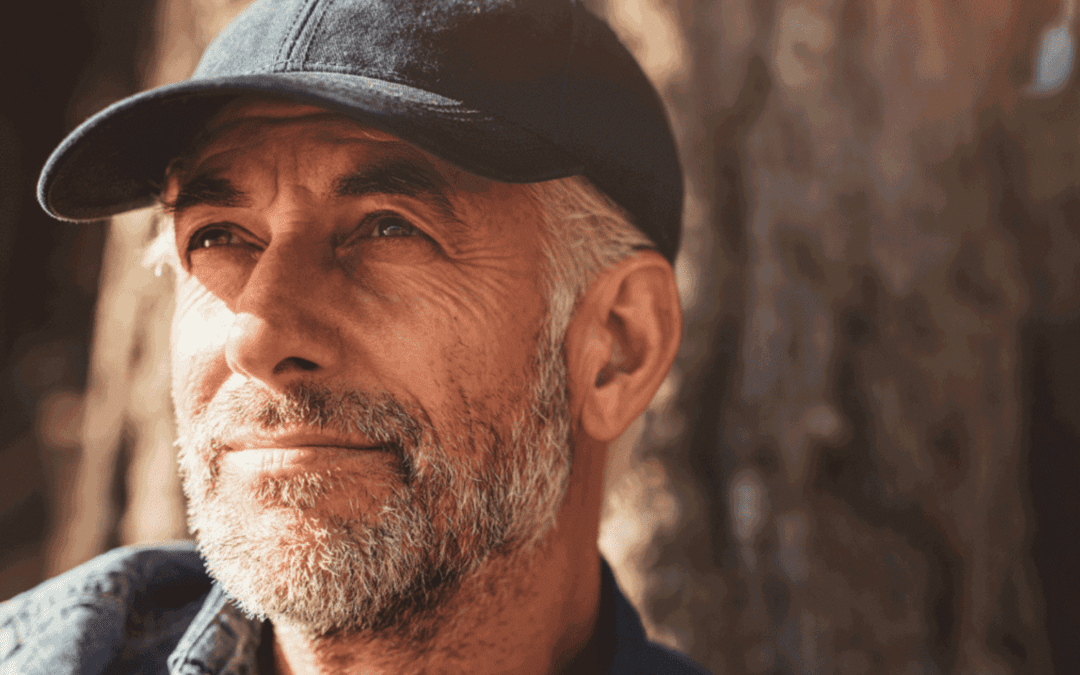My nearly 50-year relationship with gambling started when I was six years old. My father, an illegal sports bettor, introduced me to gambling and would take me to sporting events everywhere he placed bets. I remember that he would split his winnings with me on baseball bets because I knew the sport better than him.
This continued until about age 17 when my mother — and best friend — died suddenly. The trauma from that started a period of depression that changed my relationship with my father.
The situation with my father caused me to move out of the house at a time when I really wasn’t prepared for life. I worked six days a week and went to school five days a week. To break up the monotony, I went to the local dog track. It was a great stress reliever and provided some excitement from the pain of my day-to-day life.
That started an off-and-on cycle of gambling that would last until four years ago. I went from dog racing to horse racing to the lottery (casinos wouldn’t come until the mid 90s). I took my first trip to Las Vegas around that time and that changed everything for me.
My gambling became more aggressive and I started spending money from paychecks that should have gone to bills. I started borrowing on credit cards, maxed them out, and then stole from my employer to gamble. That led to charges, and I eventually ended up spending three years in prison.
You might think that spending three years in incarceration would have changed everything for me and that I’d value the opportunity to start anew. And I did — at least for several years. But about four years after my release from prison in December 2003, I went to Las Vegas again and binge gambled for an entire week. Things continued to spiral down from there.
By 2008, I knew I had a problem and sought help. That’s really when my recovery should have started.
Unfortunately, the agency where I sought help did not have a certified gambling counselor. And although I poured out my heart and soul, the counselor diagnosed me with depression. At the end of my intake session, I’ll never forget what she said: “You have to admit that you’ve brought all this upon yourself.” Needless to say, I didn’t feel I was provided with the support and help I needed and, despite my heartfelt intentions and desire to get help for my gambling addiction, I didn’t have success.
In 2012, I went on another Vegas binge, but this was worse. I came home feeling humiliated, frustrated and broken. I’d spent all this time on counseling and had nothing to show for it.
Finally, in 2016, after my worst binge of all, I’d had enough. I told my wife I needed to gain control of myself or I’d kill myself.
I looked online for inpatient treatment options and ultimately landed on Project Turnabout. I sensed an immediate understanding on their part. I knew they could give me my life back and rebuild me from the inside out. I learned so much.
Ultimately, my experience in residential gambling treatment motivated me not just to embark on my own recovery, but also to help others as much as I can and to take a leadership role. I have since become a strong advocate for problem gamblers by sharing my experience with as many people as possible.
I sometimes think about the experience I had in 2008, when the counselor I saw was ill equipped to help me and only added to the stigma that I had failed. Had that counselor better understood problem gambling, I believe I could have started my recovery eight years earlier. But I believe that everything happens for a reason, and that that experience helped me to become the advocate I am today.

